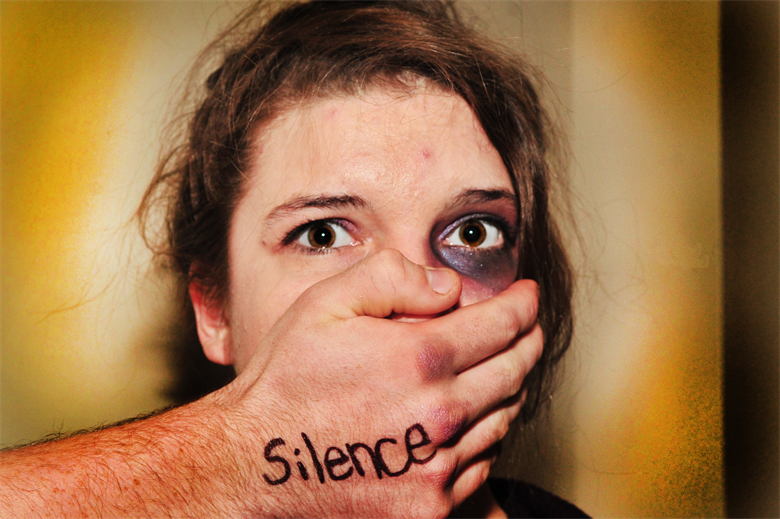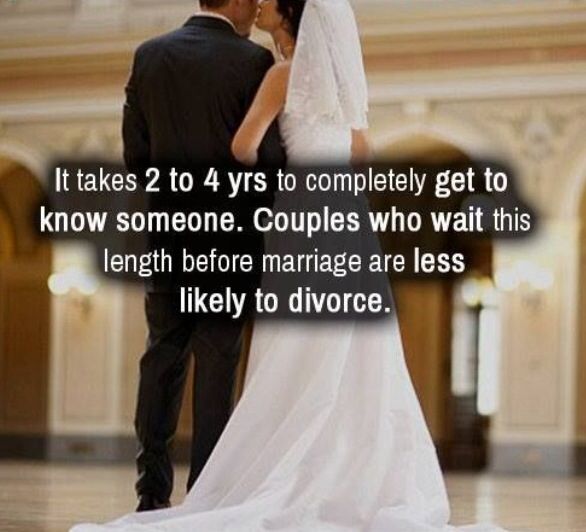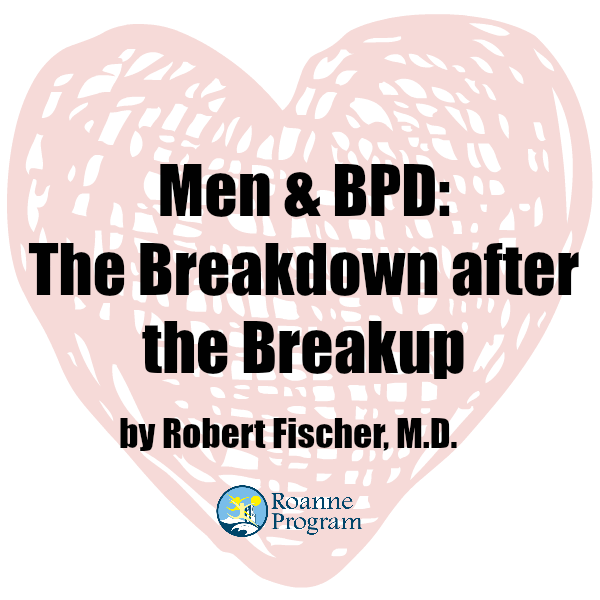Does my family hate me
Why Does My Family Hate Me?
Content Warning/Notice: This article contains mention of abuse and other potentially triggering subjects. Read with discretion. Please contact the National Domestic Violence Hotline at 1-800-799-SAFE (7233) if you or someone else in your life is experiencing or has experienced abuse. The hotline is available 24 hours a day, seven days a week.
Society often teaches us that we should prioritize our family relationships above all else because we are related, grew up together, and may have been raised by them.
Hearing these stereotypes may make you feel like every family sticks together, supporting and loving each other like on TV. So, when it feels like your family hates you or you belong to a toxic family, you may struggle to know how to react.
A Toxic Family Is Not A Safe Space
Therapy Can Help You Form Healthy Boundaries
Why Does My Family Hate Me?
When struggling with toxic or unhealthy family dynamics, know that you are not responsible for your family's behavior; you are only responsible for your behaviors.
Coping with family interactions in a dysfunctional family can be upsetting and painful. You may feel your family hates you due to insecurities or self-esteem concerns. However, if your family acts unkind or seems to be struggling, look at the facts.
Is this a temporary situation, or has it been occurring long-term? Is it possible that something else, rather than hate or dislike, is going on? Has a family told you they hate you? In some cases, you may be experiencing a personality clash with a family and not necessarily a toxic pattern. However, it isn't your fault if you are being treated poorly.
What would you tell someone going through your situation? From an outside perspective, it may feel clear that you're in an unjustified situation or experiencing a family conflict. If you start contemplating familial relationships and draw the conclusion that your family hates you, there is a chance you may have unhealthy family dynamics.
Staying in an unhealthy relationship may negatively impact your physical health. These situations could cause chronic inflammation, adrenal fatigue, heart problems, and low immunity. They might also impact your mental health, with an increased likelihood of stress, depression, and anxiety. Consider seeing a provider equipped to address any of these concerns if you encounter them.
These situations could cause chronic inflammation, adrenal fatigue, heart problems, and low immunity. They might also impact your mental health, with an increased likelihood of stress, depression, and anxiety. Consider seeing a provider equipped to address any of these concerns if you encounter them.
Family Estrangement
Estrangement can happen for any number of reasons. No matter the state of the relationship before estrangement, it can feel challenging to adjust after leaving a toxic family situation. At times, cutting ties is permanent, and other times, it is temporary.
If applicable and safe, you might try to limit contact and set boundaries around how and when you communicate. Surround yourself with healthy support and relationships to lift you up, which can exist outside of blood relatives.
Family Doesn't Have To Be Biological
Throughout your life, and as an adult, you can pick a chosen family. You can pick who belongs in your family, regardless of whether you're related. These individuals may be friends, distant family or other types of relationships. Often, a chosen family is made of individuals who make you feel safe, loved, and cared for in the way a healthy family might.
These individuals may be friends, distant family or other types of relationships. Often, a chosen family is made of individuals who make you feel safe, loved, and cared for in the way a healthy family might.
How To Handle An Unhealthy Family
It can feel freeing to address and learn to cope with the feelings caused by toxic family relationships. It may have taken time for deep negative feelings to develop, so it may take time, strength, and perseverance to heal them. Knowing that you're breaking unhealthy patterns can also be valuable and uplifting.
Invest In Genuine Relationships
Rather than dwell on the unhealthy relationship you may have with your family, invest your energy in healthy interpersonal relationships. Work on building relationships with others who can love, support, and encourage you.
Set Boundaries
Setting boundaries is often more for you than for the other person.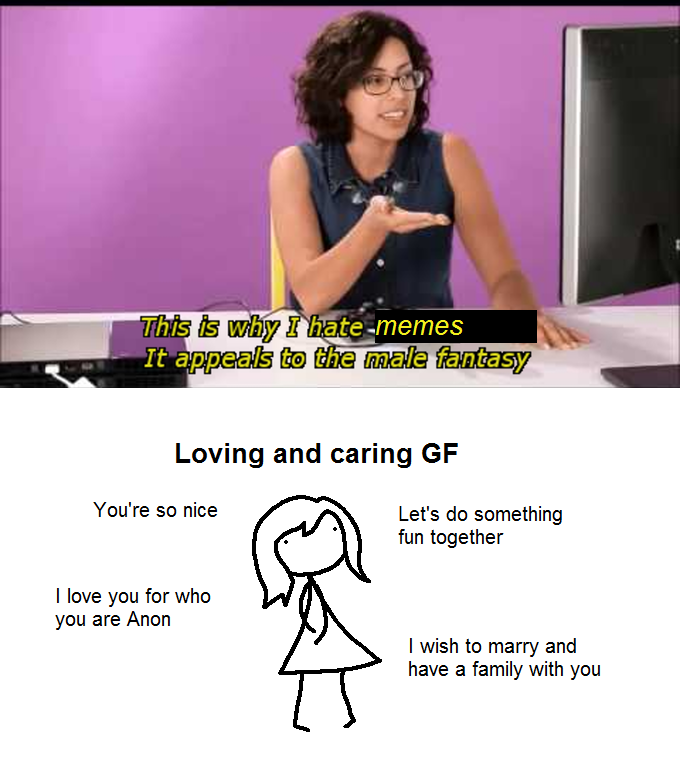 Ideally, these boundaries will benefit the relationship, but sometimes that isn't always possible, and you may put your own needs and well-being first.
Ideally, these boundaries will benefit the relationship, but sometimes that isn't always possible, and you may put your own needs and well-being first.
Live Authentically
Focus on being true to yourself and living authentically. Sometimes, unhealthy family dynamics mean we turn to people-pleasing behaviors, becoming the mediator, or trying to make ourselves disappear into the background. Now, it's time to live your life in a way that aligns with your values and beliefs. Be yourself and find people who love you for who you are.
A Toxic Family Is Not A Safe Space
Therapy Can Help You Form Healthy Boundaries
Practice Gratitude
Practicing gratitude has been linked to positive well-being and improved relationships. Gratitude does not necessarily mean you should neglect hurt, pain, unhealthy patterns, and other impacts of your experiences. It can be essential to acknowledge those aspects and process them.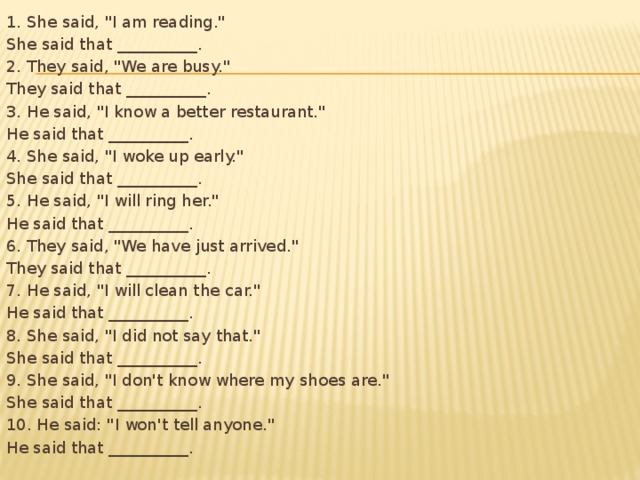
However, gratitude can mean acknowledging the positive experiences that exist for you in this world and understanding that you deserve them.
Seek Professional Support
Coping with family-related matters, whether past or present, can feel challenging, and finding a support system as you work through these challenges can be beneficial. A therapist can help you learn the signs of a toxic family situation, navigate your feelings, guide you in modifying your behavior, and teach you emotional resilience. They can also help with concerns like self-esteem, which family relations may impact.
You might benefit from online counseling if you prefer to attend therapy from a comfortable and safe location, like your home. Online therapy has been well-studied over the last several years. The National Center for Health Research conducted a recent thorough review of dozens of studies on the efficacy of online therapy and found that online therapy is as effective or more effective than traditional therapy for various issues, including depression, PTSD, anxiety, and family troubles.
You can connect with a licensed therapist through an online platform such as BetterHelp, which allows you to use several communication methods, including videoconferencing, messaging, live chat, and voice calls.
Takeaway
Unhealthy families may be challenging to identify if you grew up in an unhealthy environment and aren't sure what a healthy family looks like. If you often feel judged, belittled, unvalued, or are being abused, you may need to cut ties with your family and seek outside support.
Therapy can be a beneficial tool to identify unhealthy family behaviors, learn to set boundaries, and find guidance in challenging circumstances. If you're ready to start, consider contacting a counselor.
Frequently Asked Questions
Below are some frequently asked questions on the top of unhealthy family dynamics.
What Is A Toxic Family?
A toxic family may be described as a family that uses unhealthy and unproductive methods to communicate with each other, including during tension or conflict. Unhealthy families can also be referred to as dysfunctional families, and their instability may negatively affect a person's well-being. It may lead to chronic mental health concerns such as anxiety and depression.
Unhealthy families can also be referred to as dysfunctional families, and their instability may negatively affect a person's well-being. It may lead to chronic mental health concerns such as anxiety and depression.
What Is Toxic Behavior?
Toxic families can appear differently from one another. For example, some toxic families may display the following behaviors:
Being overly criticizing or having unrealistic expectations
Not meeting needs such as food, shelter, love, and compassion
Lying, guilt-tripping, or ignoring boundaries
Being physically, verbally, or emotionally abusive
The terms "toxic" and "abusive" aren't interchangeable, but it may be possible for a family or person to be both. Toxic and dysfunctional families may also involve substance use. This use might further complicate the dynamic and encourage unhealthy behaviors in children.
Toxic and dysfunctional families may also involve substance use. This use might further complicate the dynamic and encourage unhealthy behaviors in children.
Please call the SAMHSA helpline—available 24 hours a day, seven days a week—at 1-800-662-4357 for guidance, resources, and support if substance use impacts you or someone in your life.
Although direct toxicity may be limited to the household, its effects can impact other aspects of an individual's life, such as work and school. Individuals may also find that their family life has negatively impacted their ability to form interpersonal relationships or manage finances.
How Do You Know If Your Family Is Unhealthy?
Signs of an unhealthy family may include verbal and emotional abuse or physical violence. Other behaviors or dynamics may also show up, such as guilting family, suppressing emotions, or not teaching children life skills.
Additionally, without understanding or being able to observe functional family dynamics, those growing up with toxic family dynamics might not realize some of the behaviors are problematic because they don't know what healthy behavior or responses look like.
Identifying toxicity can be the first step to addressing it and getting help for any problems it can be causing. If you're unsure whether you're in a toxic situation, it may be beneficial to get insight from other loved ones you trust or seek support from a therapist to discuss your family dynamics. If something is bothering you, it may indicate something wrong.
What Is Toxic Parenting?
Being around a toxic family situation may affect people of all ages. However, it commonly starts during childhood. Having parents who practice unhealthy parenting may hamper an individual's upbringing. For example, a parental figure may:
Put their needs before yours
Ignore you when you require attention
Damage your self-esteem by making harmful jokes or being overly critical
Guilt-trip you, even over inconsequential things
Cause instability in the household
Make it tough to know what to expect next
How Do You Handle An Unhealthy Family?
Living in a home with individuals who are unhealthy to you can be challenging if you're unable to leave. You might need to set boundaries or find outside activities to keep you away from home. If you're experiencing abuse, you may need to report it to the authorities.
You might need to set boundaries or find outside activities to keep you away from home. If you're experiencing abuse, you may need to report it to the authorities.
Try to find sources of positivity in your life and form interpersonal relationships with people who value you and respect your boundaries and needs. If you can, spend time with those individuals as much as possible.
Is It Okay To Cut Off A Toxic Family?
Many people choose to leave toxic family dynamics as adults, avoid family get-togethers, and go on to lead fulfilling lives by forming meaningful and supportive relationships with people whom they can depend on.
You may decide to utilize low contact with your family or eliminate contact with them altogether. The process may be complex, so discussing your choice with a counselor could be beneficial.
How Do You Walk Away From A Toxic Family?
If you're ready to walk away from your family or a particular family, find a safe place where you can go where the family won't be able to contact you. You might also change your phone number or make a new social media profile.
You might also change your phone number or make a new social media profile.
Call on the support of friends or supportive family if you need it. Once you leave, consider reaching out to a mental health professional to get further support.
14 Big Signs Your Family Doesn't Care about You
Do you ever get the feeling your family doesn’t care about you? Are you worried that you are being paranoid, but you can’t stop worrying about it? How would you even know? I mean, it’s not as if you can just ask your family outright. In this article, I will explore the signs your family doesn’t care about you, and, more importantly, what you can do about it.
Table of Contents
Undeniable signs your family doesn’t care about you
1. They don’t contact you
Some people have tight-knit families and others don’t, and that’s perfectly natural. However, most families communicate at least occasionally.
I have several siblings and I have different relationships with all of them.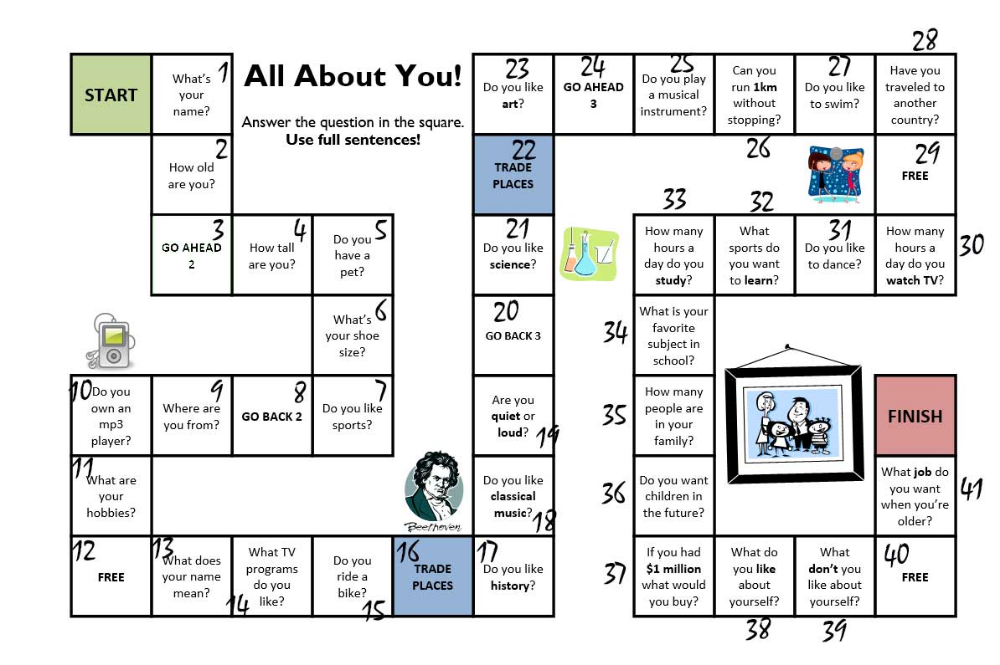 What this means is that contact with each one varies. For example, I might not speak to my brother for several months, but I’ll hear from my sisters at least once a week.
What this means is that contact with each one varies. For example, I might not speak to my brother for several months, but I’ll hear from my sisters at least once a week.
So, while it is natural to have different levels of communication with your family, having no contact is a big sign your siblings don’t care about you.
2. You don’t get invited to family events
We all have family events that we are expected to attend. I’m talking about birthday parties, christenings, barbecues, Christmas or Thanksgiving. While sometimes these events may seem tedious and we’d rather be doing something else, it’s always nice to get an invite.
Have you noticed that you are always left off the guest list at a family get-together? Maybe it is your sister or brother that doesn’t care about you or doesn’t want you there?
3. You are the last to know when something important happens
All families experience drama at some point, whether it is something tragic like a death, or joyous like a new baby or engagement.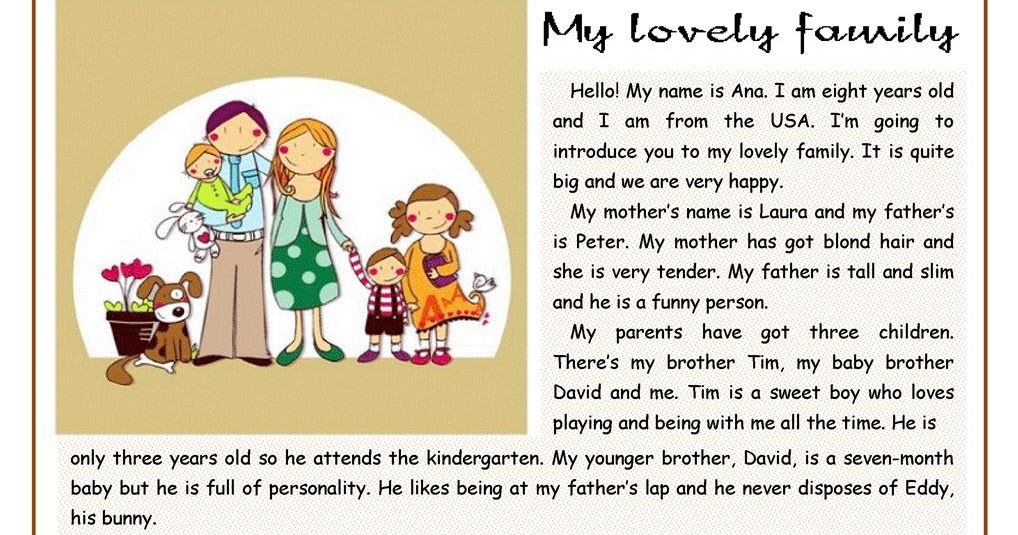 Are you always the last to know when anything happens? Do you tend to find out from sources other than your family?
Are you always the last to know when anything happens? Do you tend to find out from sources other than your family?
Being the last to know can make you feel isolated, jealous, disrespected, and a whole host of other emotions. If they can’t be bothered to tell you the important stuff, it will make you wonder whether anyone in your family cares about you.
4. If you didn’t make the effort, you’d never see them
Are you the person that always makes contact with your family? Have you ever stopped to test how long it takes for someone to reach out to you? If a family member only ever answers your texts or calls but never makes them, it is a big sign they don’t care about you.
Moreover, when you do make contact, you feel as if you are intruding or a nuisance. Perhaps you phone them and they never pick up. You feel like an outsider in your own family.
5. They take advantage of you
I have a cousin that I never hear from unless he needs money. Sure, we go through pleasantries at the start, like ‘How are you? How are the dogs?’ etc. But he soon turns the conversation around to what he needs and how much he wants from me.
But he soon turns the conversation around to what he needs and how much he wants from me.
As a joke, I once said ‘How much do you need this time?’ He got furious with me and offered to pay back every cent I had lent him. Of course, it never happened.
6. They cancel plans at the last minute
When we respect people, we treat them as a priority in our lives. We don’t let them down at the last minute because we know that is rude and disrespectful.
I’m not saying that sometimes life gets in the way and occasionally people do have to cancel plans without much notice. But if this happens regularly, it is a big sign that you don’t matter. Remember, actions are important, not constant apologies.
7. Your feelings or opinions don’t matter
Our values, beliefs, and opinions are what make us who we are. They build our identity and form our character traits. You have as much right to be taken seriously and listened to as every other family member.
So, if your opinions are repeatedly dismissed, that’s one of the most telling signs your family doesn’t care about you. Because if they did, they would listen to your opinions and take your feelings into account.
Because if they did, they would listen to your opinions and take your feelings into account.
8. They badmouth you behind your back
I have a friend, and his mother constantly gossips behind his back to his brother. She will badmouth one son to the other and then do the same to her other son. They both know that she does it, and they have confronted her about it.
When confronted, she plays ignorant and denies what she’s said. She’ll also act depressed and anxious and say that they are all attacking her. In this particular case, my friend decided he wouldn’t put up with it. He distanced himself from his mother.
If you’ve been through a similar situation within your family, it could be that your mother doesn’t care about you.
9. They turn up unannounced
I don’t know about you, but I am an introvert. As such, I like to plan things way ahead. So, if there’s one thing I hate, it is unexpected visitors. Thankfully, my family know this now and won’t turn up out of the blue. They respect I have boundaries and they don’t cross them.
They respect I have boundaries and they don’t cross them.
Do your family members turn up unannounced and expect you to be happy to see them? Have you asked them to let you know in advance and they have brushed off your requests and called you out for being rigid and not spontaneous? Are they dismissive when you try and tell them how you feel?
10. They never ask you how you are
Are your family ever interested in your well-being, or it is always about them?
Have you endured some trauma recently and wanted to reach out but didn’t bother because you knew your family doesn’t care about you? Do they ever call or text to see how you are? Do they show interest in your life, your achievements, your partner, or your career?
If you didn’t bring up any of these subjects, would they never ask you themselves? When we love our family, or indeed, anyone, we want to know how they are doing.
Sure, sometimes conversations can be a little one-sided, but if this is a regular occurrence, it is a big sign your family doesn’t care about you.
11. Whatever you do is never good enough
It’s one thing being ignored, or never being asked how you are, it’s something different if you are being constantly criticized. Constructive criticism is healthy and helpful. But being constantly put down by those who are supposed to love you the most is soul-destroying.
It makes you doubt your abilities, your opinions, whether you are capable or not. It leaves you wondering, “What am I doing wrong that my family doesn’t care about me? Am I not worthy of their love?” You might even find that you are being compared to another family member who can seem to do no wrong.
12. Everything is always your fault
Are you the scapegoat of the family? If something goes wrong, is it always your fault? I know a family that always blames the youngest daughter for everything.
For example, she was ‘put in charge’ of ordering the flowers for her sister’s wedding and the company were late delivering the order. That was her fault because she chose that particular company. What happened was that no one else could be bothered to arrange the flowers so she was given the task at the last minute.
When your family doesn’t care about you, it’s easy for them to use you as a scapegoat when things go wrong.
13. You can’t rely on them for help
While your family will always expect you to drop everything if they need something doing, the reverse is never true. Perhaps you asked your parents for a ride home from a hospital trip, or maybe they promised to look after your cat while you were on holiday.
But when it comes around to that time, they make excuses or they won’t return your calls. You have learned from experience not to rely on them because they always let you down. It has made you feel as if your parents don’t care about you.
14. They don’t respect your boundaries
This might be something as simple as knocking before entering your room, or not gossiping about your health issues. Have you found them looking at your phone without your consent? Do they read your emails or texts? How do they act when you confront them? Do they dismiss you as being over-dramatic?
Have you found them looking at your phone without your consent? Do they read your emails or texts? How do they act when you confront them? Do they dismiss you as being over-dramatic?
Or maybe they say that families shouldn’t have secrets from one another. No matter what you tell them, they disregard your wishes and continue to do the things that invade your privacy. Oh, and they won’t understand why it bothers you so much.
What to do if I feel like my family doesn’t care about me?
I have a best friend who doesn’t have contact with his family, and the reason is that he has learned over the years that they don’t care about him. When I was writing this article, I asked him how he coped and what did he do to compensate?
So, this is his advice as someone who knows what it feels like to be isolated from your family.
1. Don’t compare your family to others
It can be heartbreaking to hear stories of other people’s family lives when your family doesn’t care about you.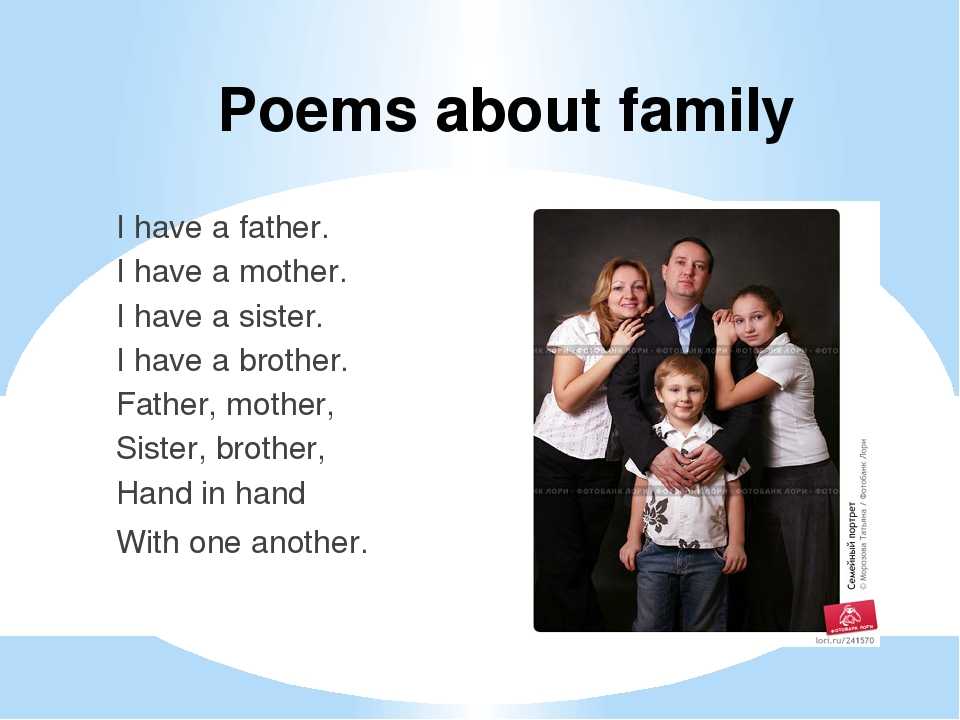 But no one knows what goes on behind closed doors. And we all polish and preen ourselves on social media to look as if we are living our best lives.
But no one knows what goes on behind closed doors. And we all polish and preen ourselves on social media to look as if we are living our best lives.
Some people are lucky to have supportive and caring families, and others are not. It is no reflection on you; they are to blame for their actions and behavior, not you.
2. Build up a strong network of friends
My friend has many other friends, so they have become his family of sorts. He lived with me and my family for a while. I regard him as family now, as do the rest of my brothers and sisters. He has known many of his friends, including me, for over three decades.
We are loyal to him as he is to us. He comes to us for advice he wouldn’t get from his family. So his advice is to consider your friends as your family.
3. Don’t put up with bad behavior
My friend cut his mother from his life for several reasons; she has consistently gossiped maliciously about him to his brothers, invaded his privacy, gone against his wishes, and generally would not listen to any of his requests.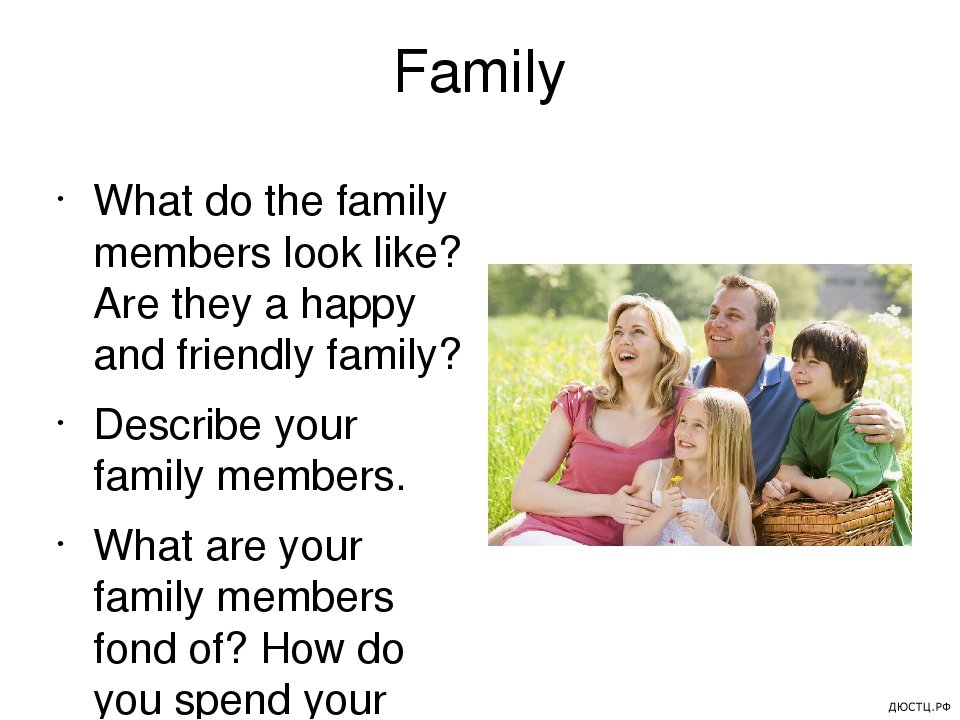
He finds it easier to have no contact with her. He will no longer put up with her disrespectful behavior to him.
Maybe this is what you should do too if your mother or father doesn’t care about you.
4. Don’t expect anything from them
Christmas and birthdays can be difficult for my friend. His family either forgets or buys him something completely inappropriate. It is as if they don’t know or care about him. It used to upset him when he was younger, but now he no longer expects anything, so he doesn’t get disappointed.
Final thoughts
It doesn’t have to be the end of the world if you recognize the above signs your family doesn’t care about you. Consider my friend’s advice. Remember that old saying, you can choose your friends but you can’t choose your family. But, if you are lucky, your friends will become your family.
Did you find this post useful? Subscribe to our newsletter to make sure you don’t miss new fascinating guides & articles!
Why does my family dislike me so much?
Why is my family me …
13 responses
Last - Remove
#1
#2
6
#3
6
#4
#5
#6
Katya
Well, tell me that it leaves the house and say for them into custody.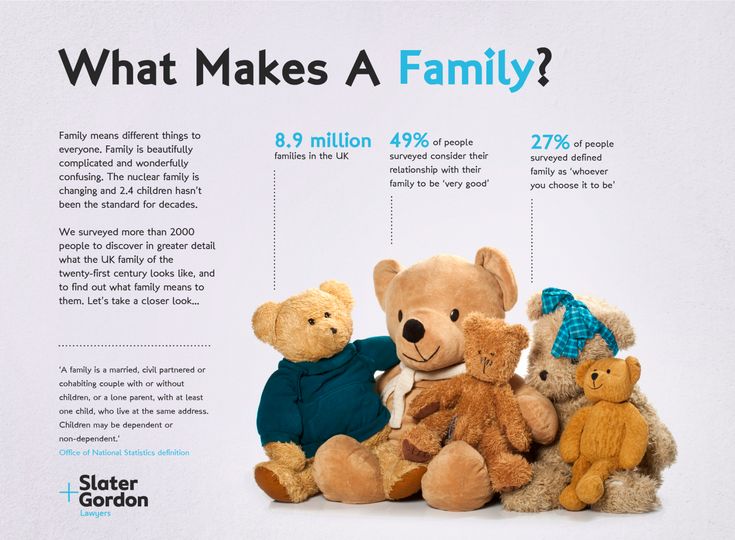 At home, your older brother beats you, and your parents don’t even blow your mustache. They will be deprived of parental rights, and you will be provided with a normal place to live. Or you can write to Malakhov to complain about abuse in the family, it will be even better - fame, money, rent a separate apartment or find foster parents, and these marginal people nafig. nine0003
At home, your older brother beats you, and your parents don’t even blow your mustache. They will be deprived of parental rights, and you will be provided with a normal place to live. Or you can write to Malakhov to complain about abuse in the family, it will be even better - fame, money, rent a separate apartment or find foster parents, and these marginal people nafig. nine0003
#7
#8
#9,0003
Guest
222 This is your teenage period in full swing, so you protest and rage.
#10
#12
#13
New topics per day:
-
My mother cheats on my father
16,
-
Constantly makes me look crazy
7 answers
-
Getting rid of my nephew
6 answers
-
Relationship problems 90
Popular topics for the day:
-
My mother cheats on my father
3
16 answers
-
No friends 9000)
14 answers
-
Relationship problem
10 answers
-
I want to fall through the ground
Next topic
-
Breast products
11 answers
Previous topic
31 answers
My family is a total stranger to me!!
#1
#2
#3
Golden Fleece
I have the same story, Author. Sometimes it seems to me that if they all suddenly die, I won’t even cry, I just won’t care. And I am ashamed of these thoughts, because I know for sure that they all love me very much. And why so?
Sometimes it seems to me that if they all suddenly die, I won’t even cry, I just won’t care. And I am ashamed of these thoughts, because I know for sure that they all love me very much. And why so?
#4
because moral deformity.....It is not curable.
#5
Not everyone is lucky with their parents, especially if there are more than one children, then one way or another there are favorites, and NOT favorites, you need to take it philosophically.
Minimizing
#6
#7
Guest
The same situation, with Leia, with the difference is that she is 20, and I am 40.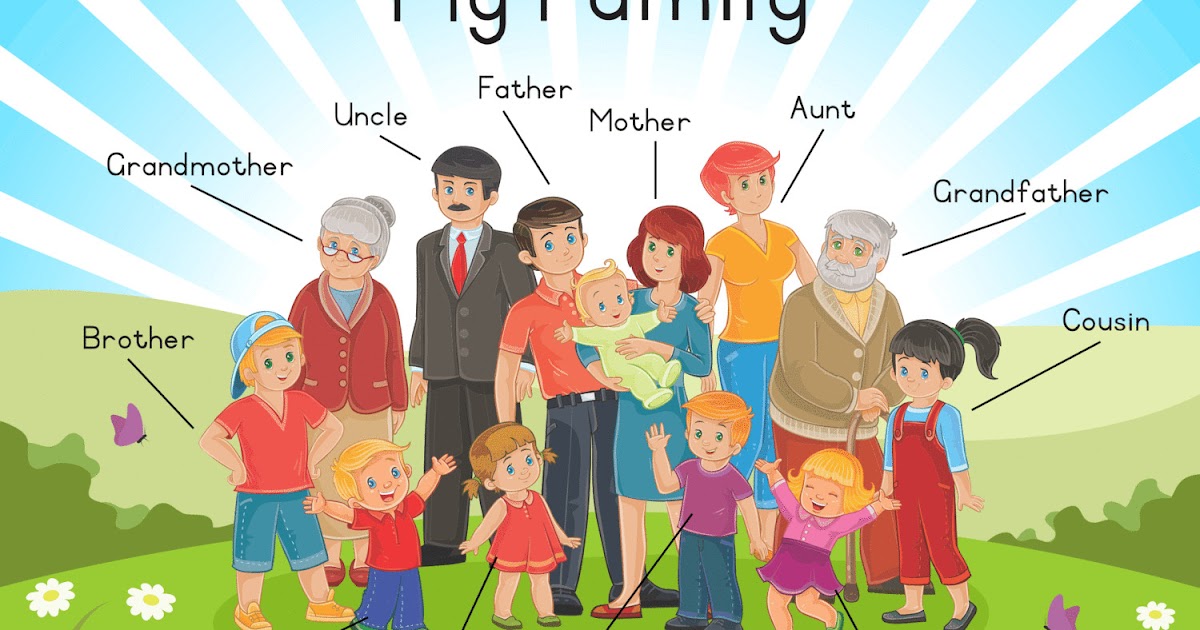 All my life I tried not to be like my marginal parents. I have not been understood since childhood. I became a doctor, I have my own family, I earn money, I help them, the elderly, but there is no spiritual "kinship", the values are different. They are envious, lazy and narrow-minded people. nine0003
All my life I tried not to be like my marginal parents. I have not been understood since childhood. I became a doctor, I have my own family, I earn money, I help them, the elderly, but there is no spiritual "kinship", the values are different. They are envious, lazy and narrow-minded people. nine0003
Also, to some extent, thanks to her parents. She didn’t hold a grudge against them, helped them, even though they drank up the apartment, and suffered a lot when her mother died, and then her father. No wonder they say, probably "there would be no happiness, yes misfortune helped."
#8
#9
#9
Golden Fleece same story. Sometimes it seems to me that if they all suddenly die, I won’t even cry, I just won’t care. And I am ashamed of these thoughts, because I know for sure that they all love me very much. And why so? nine0003
And why so? nine0003
because moral deformity.....This is not treated.
#10
#11
, and parents. It seems so to me.
#12
#13,0003
Guest
But how to relate to a mother, in childhood constantly suppressed, did not give it to say a word, just lashed out with fists and slaps in the face, beat until bruises? And she didn't like absolutely everything I did. nine0003
#14
Guest
This is your experience. Forgive and let go. Perhaps you were given this so that you would not do this to your children.
Forgive and let go. Perhaps you were given this so that you would not do this to your children.
#15
Guest
Yes, I already did that, but how can I communicate with her now? If I don’t have a special desire, because I don’t want hypocrisy.
#16
#17
What did you do when you were 23? This is the age when you can be completely independent, live separately, and do various amenities for your parents. And here you are pouring mud on your relatives. It is easiest to live life blaming your parents, husbands, the state for your troubles. It is much more difficult, but more productive, to live in harmony with oneself and the surrounding reality. They say if you can't change the situation, change your attitude towards it. nine0003
They say if you can't change the situation, change your attitude towards it. nine0003
#18
Guest
and leave. Like it or not, They are your parents and sister. Often in youth there is a denial of one's relatives, one wants to be completely different. Because of this, some achieve a lot in life, others consider their family to be guilty of everything. In my opinion, the first are smart, the second are miserable and not very smart. nine0003
What did you do when you were 23? This is the age when you can be completely independent, live separately, and do various amenities for your parents. And here you are pouring mud on your relatives. It is easiest to live life blaming your parents, husbands, the state for your troubles. It is much more difficult, but more productive, to live in harmony with oneself and the surrounding reality. They say if you can't change the situation, change your attitude towards it.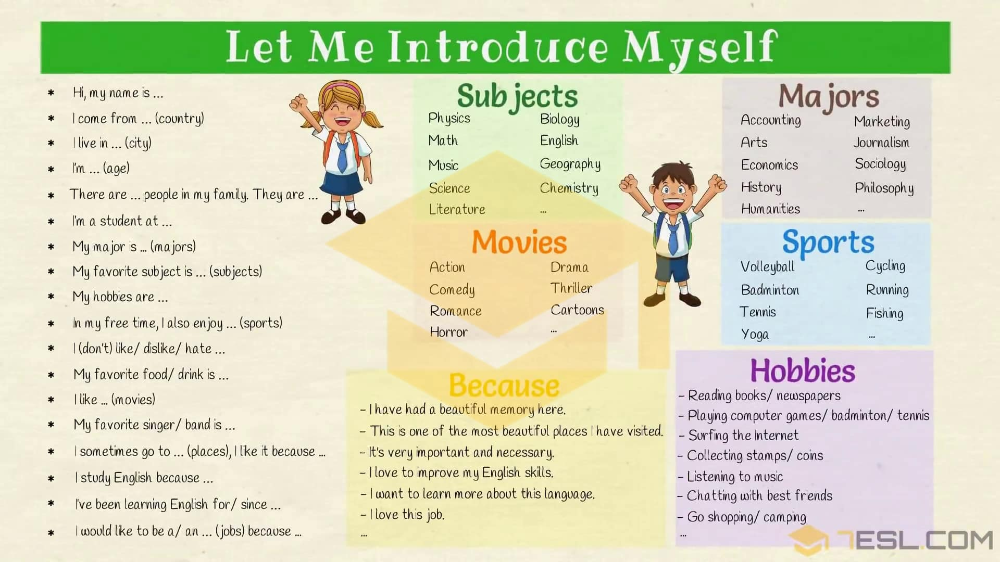
#19
Author, you are not the first person to raise this topic here. I have shared my experience many times.
You think that only you have such difficulties. In fact, many have such problems, but they all solve them in different ways.
I am a man of action, so I ran away from home at the age of 17. I prepared for this for a long time, so I was able to enter Moscow State University, I worked at night.
I am visiting my mother now. I come 3 times a year for 4 days, I provide it completely. I love her very much, but life with her would be hell. But I always loved her, I just understood that I had to run away. She still believes that she devoted her whole life to children. Even now, she believes that she does a lot for us, although she doesn’t even cook food for herself, she is served. But that's no reason not to love your mother. nine0003
My sister and I were enemies when we were children. She is 10 years older than me, she was terribly jealous of me. When I left, the relationship began to improve. In addition, I always adored my nephew, this did not allow us to disperse. Now best friends.
She is 10 years older than me, she was terribly jealous of me. When I left, the relationship began to improve. In addition, I always adored my nephew, this did not allow us to disperse. Now best friends.
Author, change your attitude to the problem. Understand that no one owes you anything. It will get easier right away. And if you understand and accept that you owe a lot to your parents, everything will gradually get better.
You are an adult, you are 23. What problems might you have? Live separately, move to another city, provide for yourself, prove to your mother that you are worthy of her respect. They say that all diseases are from resentment. So get over them and move on. nine0003
#20
Guest
But how to relate to the mother, who in her childhood constantly suppressed, did not give a word to say, almost attacked with fists and slaps, beat her to bruises? And she didn't like absolutely everything I did.
#21
#22
Guest
This is all the template phrases of a person who himself is far from all this. If you experienced or experienced this, you would think differently. You are not the first person to bring this topic up here. I have shared my experience many times. You think that only you have such difficulties. In fact, many people have such problems, but everyone solves them in different ways. I am a person of action, so I ran away from home at the age of 17. I prepared for this for a long time, so I was able to enter Moscow State University, I worked at night. I am now visiting my mother. I come 3 times a year for 4 days, I provide it completely. I love her very much, but life with her would be hell. But I always loved her, I just understood that I had to run away. She still believes that she devoted her whole life to children. Even now, she believes that she does a lot for us, although she doesn’t even cook food for herself, she is served. But that's no reason not to love your mother. My sister and I were enemies when we were kids. She is 10 years older than me, she was terribly jealous of me. When I left, the relationship began to improve. In addition, I always adored my nephew, this did not allow us to disperse. Now best friends. Author, change your attitude to the problem. Understand that no one owes you anything. It will get easier right away. And if you understand and accept that you owe your parents a lot, everything will gradually get better. You are an adult, you are 23. What problems can you have? Live separately, move to another city, provide for yourself, prove to your mother that you are worthy of her respect. They say that all diseases are from resentment. So get over them and move on. nine0003
She still believes that she devoted her whole life to children. Even now, she believes that she does a lot for us, although she doesn’t even cook food for herself, she is served. But that's no reason not to love your mother. My sister and I were enemies when we were kids. She is 10 years older than me, she was terribly jealous of me. When I left, the relationship began to improve. In addition, I always adored my nephew, this did not allow us to disperse. Now best friends. Author, change your attitude to the problem. Understand that no one owes you anything. It will get easier right away. And if you understand and accept that you owe your parents a lot, everything will gradually get better. You are an adult, you are 23. What problems can you have? Live separately, move to another city, provide for yourself, prove to your mother that you are worthy of her respect. They say that all diseases are from resentment. So get over them and move on. nine0003
Woman. ru experts
ru experts
-
Maxim Sorokin
Practicing psychologist
801 answer
-
Galimov Ildar
Family psychologist
268 answers
nine0117 -
Vladimir Titarenko
Fitness nutritionist
11 answers
-
Vera Vladimirovna Zolotykh
Psychologist
146 answers
nine0117 -
Maria Burlakova
Psychologist
260 answers
-
Letosheva Tati
Expert in Eastern practices
10 answers
nine0117 -
Ivanova Svetlana
Coach
37 answers
-
Anna Antonchik
Female psychologist
66 answers
nine0117 -
Ekaterina Golikova
Psychologist
48 answers
-
Sergey Veksler
Psychologist
23 answers
nine0117
#23
#24
9000 #25,000
#26
Unreliable stories
-
I am infuriated by my husband with his children and grandchildren .
 ..
.. 782 answers
-
The man immediately warned that all the property was recorded on children
700 answers
-
Such a salary - I don't want to work
492 answers
-
Lies 22 years long. How to destroy?
772 answers
-
Husband left, 2 months of depression... How will you cope if you are left all alone?
174 replies
#28
Guest
But how to relate to the mother, who in her childhood constantly suppressed, did not let her say a word, just lashed out with fists and slaps in the face, beat her to bruises? And she didn't like absolutely everything I did.
Guest
Yes, I already did that, but how can I communicate with her now? If I don’t have a special desire, because I don’t want hypocrisy.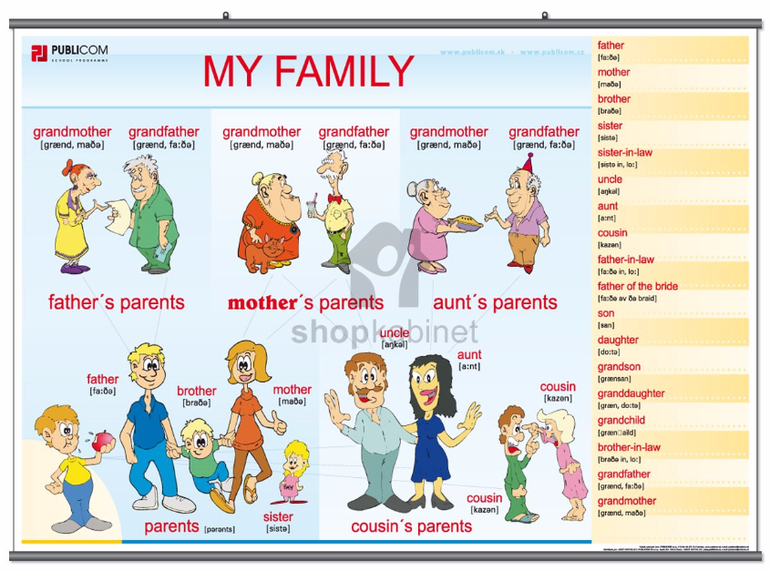
#29
#30
#31
#32
Guest
You know how I understand you are 11 years old. They don't understand me sometimes it seems to me that I'm just a free house for them 🏡 robot girl clean up after them cook it's so annoying 👿 I want when school starts I'll run out of the house 🏘 and jump off the bridge. I love you very much
#33
I am 27. I have parents and grandparents and aunts and uncles . . younger sister and brother.
. younger sister and brother.
All my life I have not only analyzed the psychology of the family, but also experimented with relationships with them.
and I want to say that there are reasons for everything.
and even if you can change yourself, this does not mean that everyone around will change.
who was an alcoholic - will be true to his ideals. whoever hated your mother will hate you too. who did not want children - everything that is connected with them is parallel to that. everything that you do to them is perceived as the norm of things, and then it is also required above all the laws of conscience and honor. who is an idiot will not grow wiser. who considers you the daughter of freaks for that you will never be a smart and talented successful woman who deserves respect. nine0003
and there is nothing strange in the fact that a person experiences fear and dislike for people who, by definition, cannot cause any positive feelings.
my mother-in-law and father-in-law have replaced my parents.
different characters and worldviews do not spoil our relations. we respect each other. and we try very hard for the benefit of our common goals for the sake of our large family. they love my children as no one has ever loved me. That's why children love grandma and grandpa. my husband and I put the happiness of the child at the forefront, his protection and trust - because they love mom and dad too. mom and dad appreciate the support of grandparents. to which grandfather and grandmother are very happy and calm. nine0091 don't despair. you will have everything!
#34
#35
#36
Alice
22222 Parents do not have to love you, they just give you the opportunity to grow.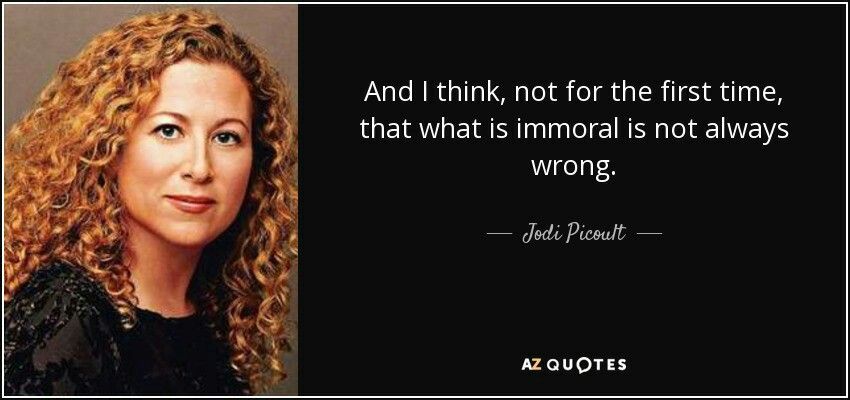 And to communicate with them after you have grown up is your own decision. If your parents end up not wanting to be friends with you, don't understand you, or impose their opinions that you don't want to accept, then you don't have to communicate with them. In any case, if a person is interested in communicating with you, then he will find an approach to you. And if he is not interested, then nothing will make him do it. nine0003
And to communicate with them after you have grown up is your own decision. If your parents end up not wanting to be friends with you, don't understand you, or impose their opinions that you don't want to accept, then you don't have to communicate with them. In any case, if a person is interested in communicating with you, then he will find an approach to you. And if he is not interested, then nothing will make him do it. nine0003
New Topics
-
How do you know if a girl likes guys?
9 answers
-
If an adult often brings up as a child
3 answers
-
Dispute with his wife about her correspondence with a colleague
45 answers
-
What to do?
1 answer
-
Can't let him go
3 answers
#37
Alice
Parents are not supposed to love you, they just give you the opportunity to grow up. And to communicate with them after you have grown up is your own decision. If your parents end up not wanting to be friends with you, don't understand you, or impose their opinions that you don't want to accept, then you don't have to communicate with them. In any case, if a person is interested in communicating with you, then he will find an approach to you. And if he is not interested, then nothing will make him do it. nine0003
And to communicate with them after you have grown up is your own decision. If your parents end up not wanting to be friends with you, don't understand you, or impose their opinions that you don't want to accept, then you don't have to communicate with them. In any case, if a person is interested in communicating with you, then he will find an approach to you. And if he is not interested, then nothing will make him do it. nine0003
#38
Guest
and leave. Like it or not, They are your parents and sister. Often in youth there is a denial of one's relatives, one wants to be completely different. Because of this, some achieve a lot in life, others consider their family to be guilty of everything. In my opinion, the first are smart, the second are miserable and not very smart. nine0091 What did you do when you were 23? This is the age when you can be completely independent, live separately, and do various amenities for your parents.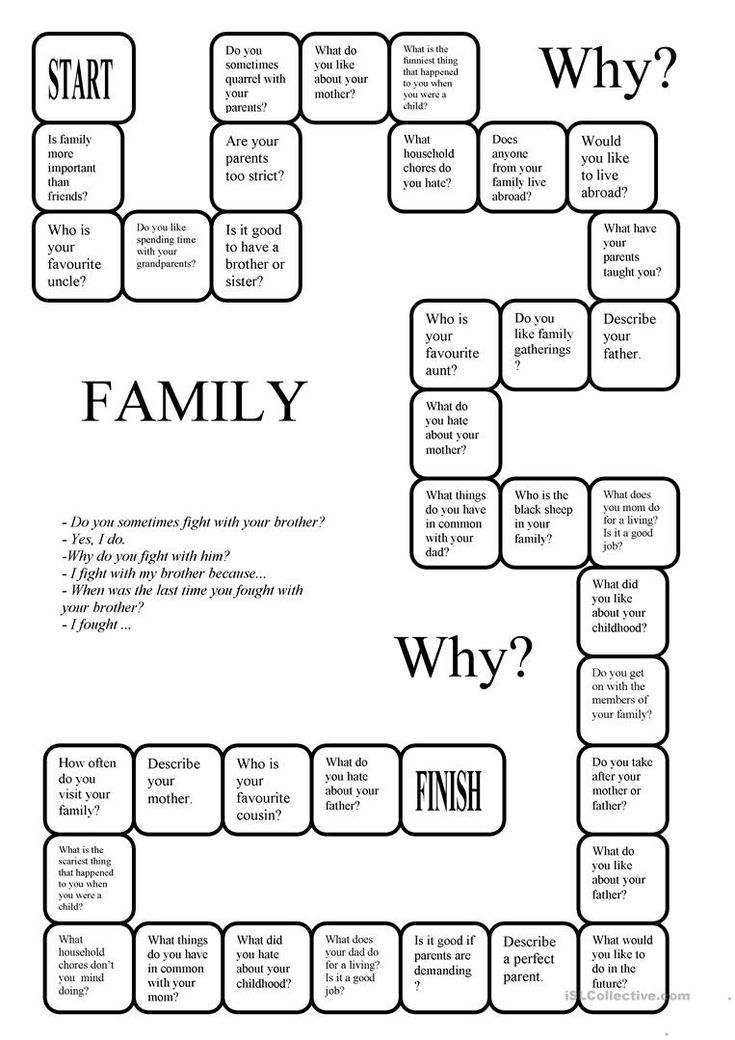 And here you are pouring mud on your relatives. It is easiest to live life blaming your parents, husbands, the state for your troubles. It is much more difficult, but more productive, to live in harmony with oneself and the surrounding reality. They say if you can't change the situation, change your attitude towards it.
And here you are pouring mud on your relatives. It is easiest to live life blaming your parents, husbands, the state for your troubles. It is much more difficult, but more productive, to live in harmony with oneself and the surrounding reality. They say if you can't change the situation, change your attitude towards it.
000 #39
#40
#41
Guest
But how to relate to a mother in childhood constantly suppressed , didn’t let me say a word, just lashed out with fists and slaps in the face, beat me to bruises? And she didn't like absolutely everything I did.
#42
Cactus
Author, relatives are not chosen.






